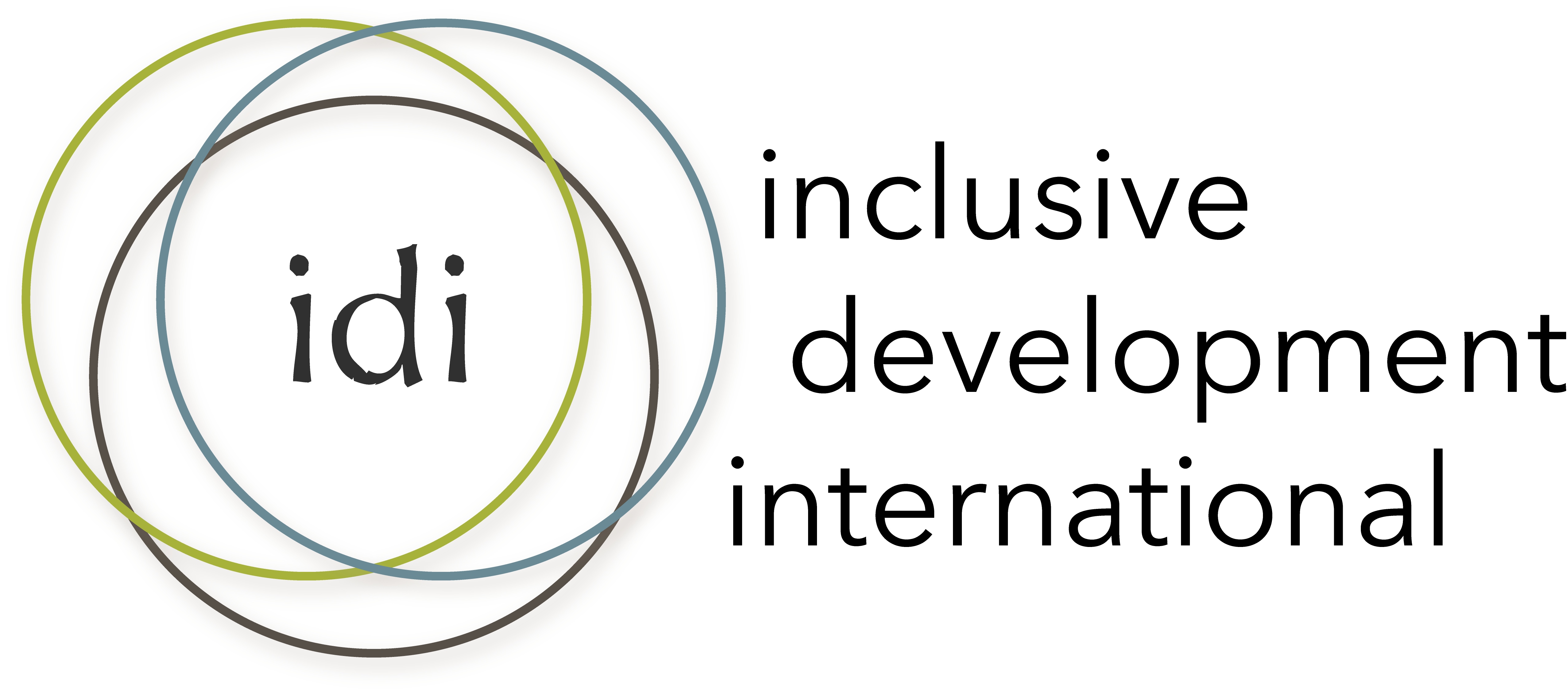Location
Every year millions of people are displaced from their homes, lands and livelihoods in the name of development.
Disenfranchised from decision-making, poor and marginalized communities are forced to shoulder the costs of development and are thrust into deeper poverty. This crisis is fueled by unaccountable political and economic institutions that promote harmful investment, trade and development projects that fail to safeguard people’s rights, preserve common resources and distribute benefits equitably.
We have been deeply inspired by people who have risked their lives and liberty resisting displacement and other human rights abuses caused by unjust development, unbridled greed and unchecked power. We have witnessed the destruction of entire communities whose struggles have become our own, but we have also seen how the world’s most powerful corporations can be held accountable by organized communities engaged in persistent, smart and strategic advocacy.
We founded Inclusive Development International in order to support the struggles of those fighting on the front lines for just and inclusive development.
Inclusive Development International works to make the international economic system more just and inclusive.
We support and build the capacity of grassroots organizations and communities to defend their land, natural resources and human rights against threats from harmful investment, trade and development projects. Through research, casework and policy advocacy, we work to strengthen human rights regulation and accountability of corporations, financial institutions and development agencies.
IDI was established in 2011 as a project of Social and Environmental Entrepreneurs (SEE) a non-profit public charity exempt from federal income tax under Section 501(c)(3) of the Internal Revenue Code.
Members:
Resources
Displaying 11 - 12 of 12Following the Money: An Advocate's Guide to Securing Accountability in Agricultural Investments
... Large-scale agricultural investments – in plantations, processing plants or contract farming schemes, for example – have increased in recent years, particularly in developing countries. Investment in the agriculture sector can bring much needed support for rural development, but communities have also witnessed significant negative impacts. Some of the most serious involve local landholders being displaced from their lands and losing access to
BITTERSWEET HARVEST: A Human Rights Impact Assessment of the European Union's Everything but Arms Instiative in Cambodia
While there is ample evidence of state and corporate complicity in the serious and systematic human rights violations that have surrounded the development of industrial sugarcane plantations in Cambodia, nobody has been held accountable and those affected have been denied access to an effective remedy at the local and national levels. Unable to obtain redress through Cambodian institutions, affected communities have turned to Europe in search of accountability.



